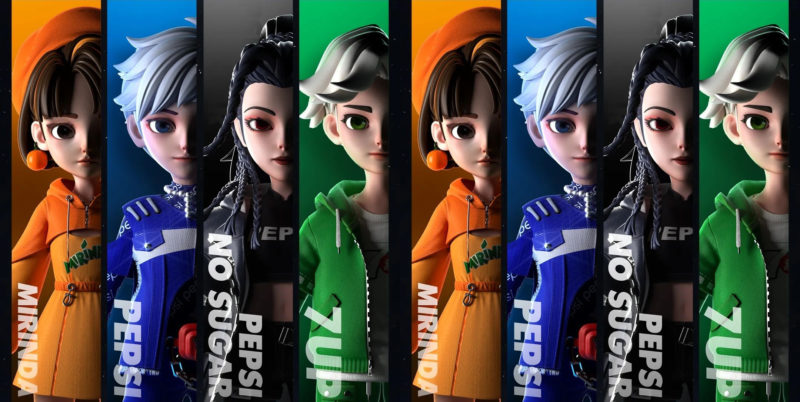E-cigarette companies in China are currently scrambling to find a way into the food and beverage industry after the State Tobacco Monopoly Administration issued a ban on the sale of fruit-flavoured vape pens.
Since its implementation on May 1, only regular tobacco-flavoured cartridges can be sold to the public. The ban on fruity flavours was made in part by the proliferation of teen vaping. Fruit vapes are believed to be more appealing to youth because of their lower nicotine content and approachable flavours.
In order to curb a potential loss of sales under the new stringent regulations, RELX, the largest e-cigarette brand in China, launched its own coffee brand “Xingke ON”. The vape brand also aims to expand the sales of e-cigarettes by adding alcohol, tea and other health products to its menu.
Certain brands such as MOTI are following RELX’s footsteps by turning their attention to the beverage industry. MOTI created the first joint store integrating electronic cigarettes, beer and coffee in Shenzhen’s shopping mall Yifang Tiandi. E-cigarette brand YOOZ has also created a betel nut-flavoured chewing gum for its consumers.
As a late entrant into the already-saturated beverage industry, it is unclear how e-cigarette brands will fare. In order to stand out from old players in the game like HeyTea and Nayuki who clearly dominate the market, e-cigarette brands must go the extra mile to reel in enough traffic to support their revenue.
Not only are brands clambering to break into other industries, but they are also facing mass closures. Within the past three months, MOTI Magic Flute has already closed 51 stores and nearly one-seventh of the shopping mall stores. RELX followed closely, closing 45 of its stores. In the near future, the number of closed stores is expected to rise, and the sales volume of e-cigarettes may drop to at least a quarter of the original market.
Perceiving the shrinkage of the domestic e-cigarette market, some brands at the top of the industry have additionally begun to focus on overseas markets. Some are even exploring the ready-made meal market which is expected to grow into a trillion RMB market in the next six to seven years.
What was once a burgeoning vaping market has now been largely stubbed out by stringent regulations. Now, with their backs currently against the wall, e-cigarette brands are desperately pinning their hopes on new consumer products that will bring additional revenue and keep their businesses afloat.









